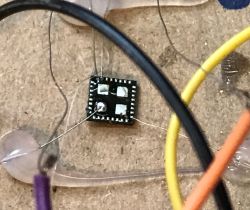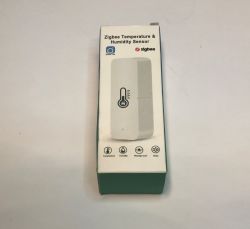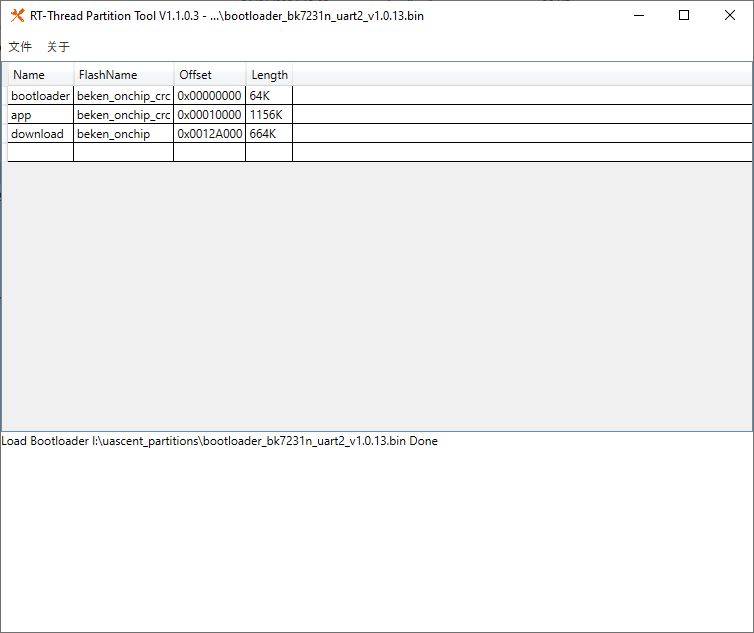Hello.
I am developing a ZigBee network at my home. I am at the beginning and so far I do not even have a coordinator. I am only relying on a gateway for now.
I'm wondering if devices connected without neutral, e.g. in wall light switches, act as a repeater of the network just like e.g. smart sockets or light bulbs?
In theory, every ( or almost every ) device plugged into the network permanently acts as a repeater.
In practice, such a device without a neutral has very little power to use. Relays are replaced by small optotriacs.
This results in low switching power. In cheaper designs, the maximum is 100W. This makes me think that they may not work as reapeters.
Has anyone had any experience with this? How does it really work?
I am developing a ZigBee network at my home. I am at the beginning and so far I do not even have a coordinator. I am only relying on a gateway for now.
I'm wondering if devices connected without neutral, e.g. in wall light switches, act as a repeater of the network just like e.g. smart sockets or light bulbs?
In theory, every ( or almost every ) device plugged into the network permanently acts as a repeater.
In practice, such a device without a neutral has very little power to use. Relays are replaced by small optotriacs.
This results in low switching power. In cheaper designs, the maximum is 100W. This makes me think that they may not work as reapeters.
Has anyone had any experience with this? How does it really work?





